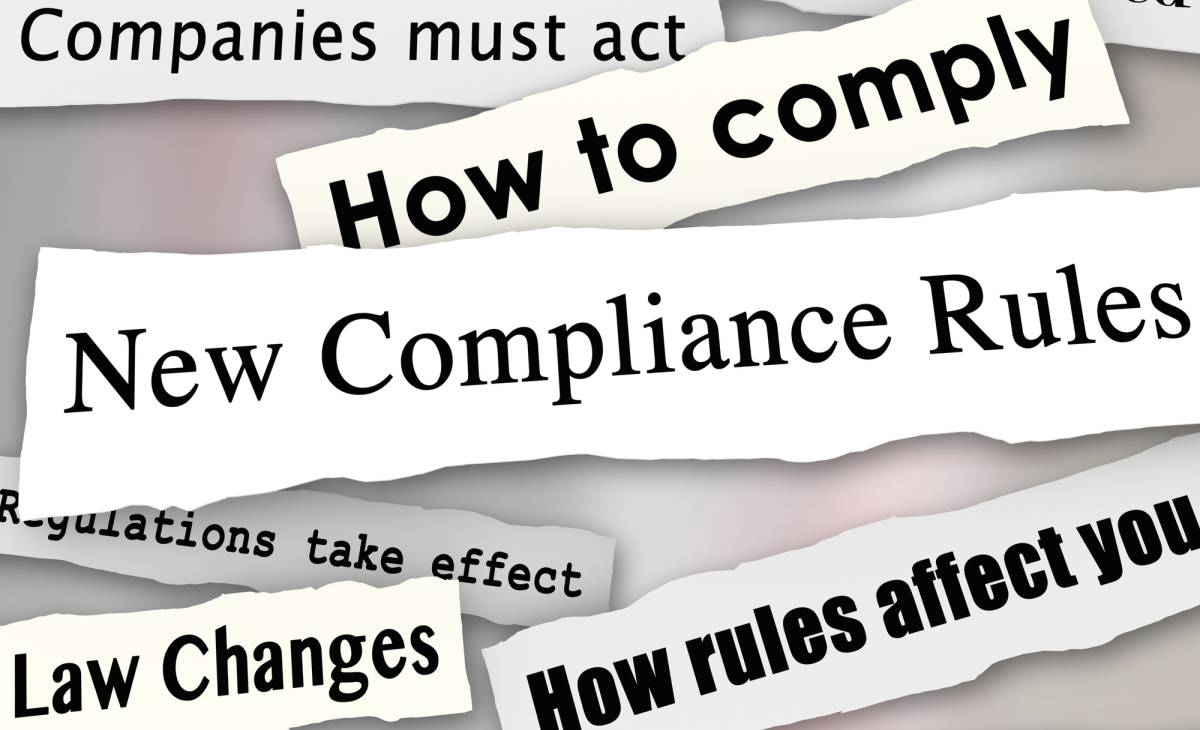UK is struggling with post-Brexit food regulation
The House of Commons Public Accounts Committee has recently published an investigation about how Britain is handling food regulation and quality checks on goods at the borders. The picture that comes out is not encouraging, with delays, ambiguity, regulatory divergence, and staffing shortage as the main issues.
Six years after the Brexit vote, the future direction of UK regulation remains unclear. Regulators are facing new challenges due to the new and expanded roles they have to cover. There is a shortage of veterinarians to monitor food safety and animal welfare in abattoirs and toxicologists to assess food risks and chemical safety, and lawyers and economists to enforce competition law. This chaotic situation may increase risks for UK consumers.
According to Dame Meg Hillier MP, Chair of the Public Accounts Committee: if new requirements on all three regulators (along with the rest of government) to make headcount reductions of up to 40% are carried out, it will “make the current regulatory models unsustainable without fundamental reform including changes to legislation”.
The Committee highlights how the loss of access to EU systems (such as the Rapid Alert System on Food and Feed - RASFF) and the lack of progress in cooperation arrangements is increasing regulatory risks and costs.
Over time, regulatory divergence between the EU and the UK (as well as within the UK) market may make regulation less efficient and more costly for regulators, consumers and businesses.
On the bright side, the report notes that there are opportunities from adopting more agile approaches outside of the EU that could bring innovation and growth. It seems that there are important decisions ahead, which will have an impact on the cost and complexity of regulation across a number of sectors.
Source:






















